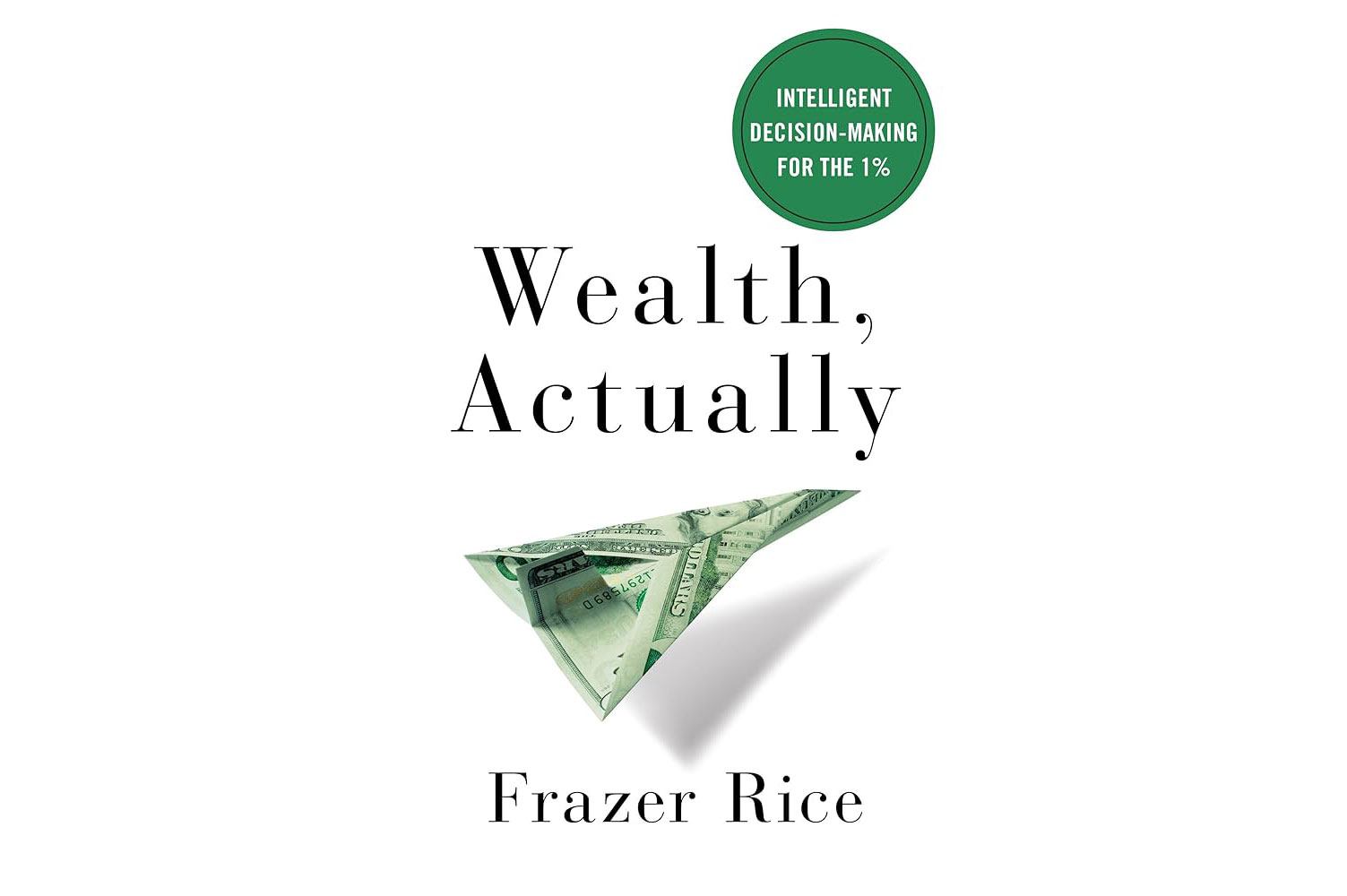The Transformative Power of Philanthropy: Perspective from Co-founder Matt McClintock
Through this work, I’ve come to understand that philanthropy is not just about changing the world; it’s about changing ourselves. Philanthropy is a journey that transforms the giver, shaping our relationship with money and ultimately, our legacy. Here’s why philanthropy matters more than ever, and how it influences not only family dynamics but also your vision for the future.
Find comprehensive questions to help you define your family legacy at the bottom of this blog post.
Philanthropy: More Than Money
Philanthropy is often misunderstood as merely the act of giving money. However, it runs much deeper. It’s about understanding the various forms of wealth beyond financial assets. What truly matters is the impact we make, not just on the world, but on ourselves. It’s about recognizing the wealth of relationships, talents, and values that define a family.
Family Wealth Beyond Financial Assets
We must ask ourselves: What constitutes our family’s wealth beyond money? It includes the unique talents, strengths, and values that each member possesses. These intangible assets contribute significantly to our family’s legacy, shaping our identity and purpose.
Each member of our family brings something unique to the table. Whether it’s creativity, leadership, or compassion, these talents contribute to our family dynamics, fostering collaboration and growth.
Core Values and Charitable Endeavors
Our family’s core values guide our charitable endeavors and vision for the future. Whether it’s integrity, generosity, or empathy, these values shape our impact on the world and ensure that our giving reflects who we are.
Envisioning each family member’s involvement in our legacy planning is essential. Their perspectives and wisdom contribute to a holistic vision for the future, ensuring that our values and goals are passed down for generations to come.
Wealth and Relationships
Reflecting on our experiences, we must acknowledge the influence of wealth on relationships. While it can strengthen bonds and enable positive change, it can also pose challenges if not managed wisely. Personal insights into this matter help us navigate these complexities and build meaningful connections.
Even beyond our family, there are key individuals who significantly impact our happiness and well-being. Nurturing these relationships requires time, effort, and genuine care to maintain a strong support network.
Values and Vision as a Founder
As a founder, husband and a parent, I’m often asked about my values and vision for the future. Here’s what I believe:
- My Values: Integrity, empathy, and resilience are at the core of everything I do. These values drive my actions and shape my relationships, both personally and professionally.
- Where They Come From: My values are rooted in my upbringing, experiences, and the lessons I’ve learned along the way. They are a reflection of who I am and what I stand for.
- Why They Matter: These values guide me in making decisions that align with my principles and contribute to a better world. They define the kind of leader, parent, and individual I strive to be every day.
- The Kind of People I Want My Kids to Be: I want my children to be compassionate, resilient, and driven by purpose. I envision them leading fulfilling lives, making a positive impact, and embodying the values that define our family.
- Their Future: If my children embrace these values and lead with integrity, their lives will be filled with meaning and fulfillment. They will navigate challenges with grace and leave a lasting legacy of goodness in the world.
- Impediments to Success: To help my kids achieve success, we must remove or avoid impediments such as entitlement, complacency, and a lack of empathy. By instilling a strong work ethic, fostering resilience, and nurturing their sense of empathy, we can empower them to overcome obstacles and thrive in a rapidly changing world.
Define YOUR Family Legacy
- What do you consider as your family’s wealth beyond financial assets and how do these other forms of wealth contribute to your family’s legacy?
- Can you share some unique talents or strengths that each member of your family possesses? How do these talents contribute to your family dynamics?
- Who are the key individuals outside your family that significantly impact your happiness and well-being? How do you maintain these relationships?
- What core values do you hold dear as a family? How do these values influence your charitable endeavors and vision for the future?
- Why are these outlined values important to you? Where do they come from?
- How do you envision each family member’s involvement in your legacy planning? What special perspectives or wisdom do you see them bringing to the table?
- Reflecting on your experiences, do you believe wealth has the potential to influence relationships positively or negatively? Can you share any personal insights on this matter?
- What kind of people do you want your kids to be? What will their lives look like if that happens?
- What impediments need to be removed or avoided to help your kids achieve success?
In conclusion, philanthropy is not just about giving; it’s about personal transformation and legacy building. We have the opportunity to shape the future by instilling values, fostering relationships, and leaving a meaningful impact on the world. Let’s embrace this journey of giving and growth, knowing that our greatest wealth lies not in what we have but in who we become.







